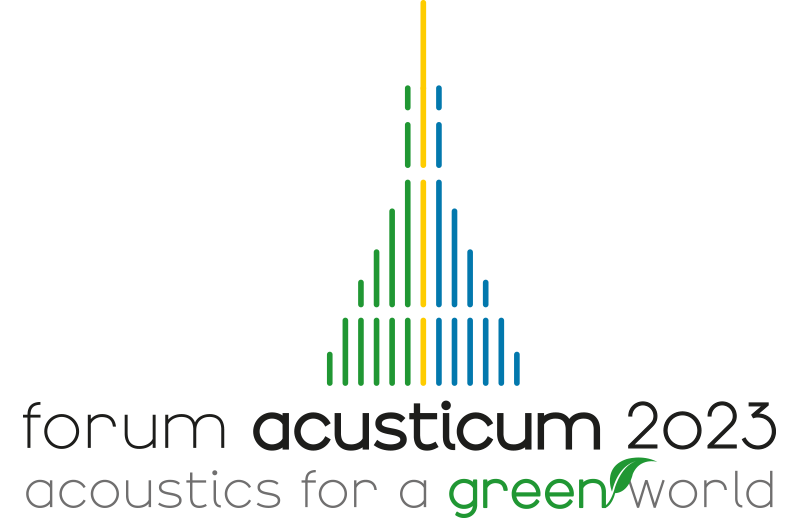

European Acoustics Association
Forum Acusticum 2023
Politecnico di Torino
Torino, Italy
September 11 - 15, 2023
 |
 |
Proceedings of the 10th Convention of the European Acoustics Association Forum Acusticum 2023 Politecnico di Torino Torino, Italy September 11 - 15, 2023 |
|
Abstract Mammal vocalisations are extremely diverse, and evolutionary approaches to understanding this diversity assume that much of their acoustic form maps onto their function, with specific features serving universal roles. Here, we hypothesize that nonlinear phenomena (i.e., deterministic chaos, sidebands, subharmonics, and frequency jumps), which make the voice perceptual rough or harsh, contribute to the alarming quality of mammalian vocalisations. To test this, we investigated whether adding such acoustic irregularities to synthetic replicas of calls produced by a range of terrestrial mammals increased their alarming quality. We found that, independently of the species, the presence of nonlinear phenomena, especially chaos, made calls more alarming for human listeners and that this perceptual effect increased proportionately with the duration of the synthetic stimuli. While these results hint at a universal function of nonlinear phenomena in the mammalian vocal repertoire, future studies should now investigate whether the alarming effect of nonlinear phenomena holds for non-human species. |
||||||||||||||||||||